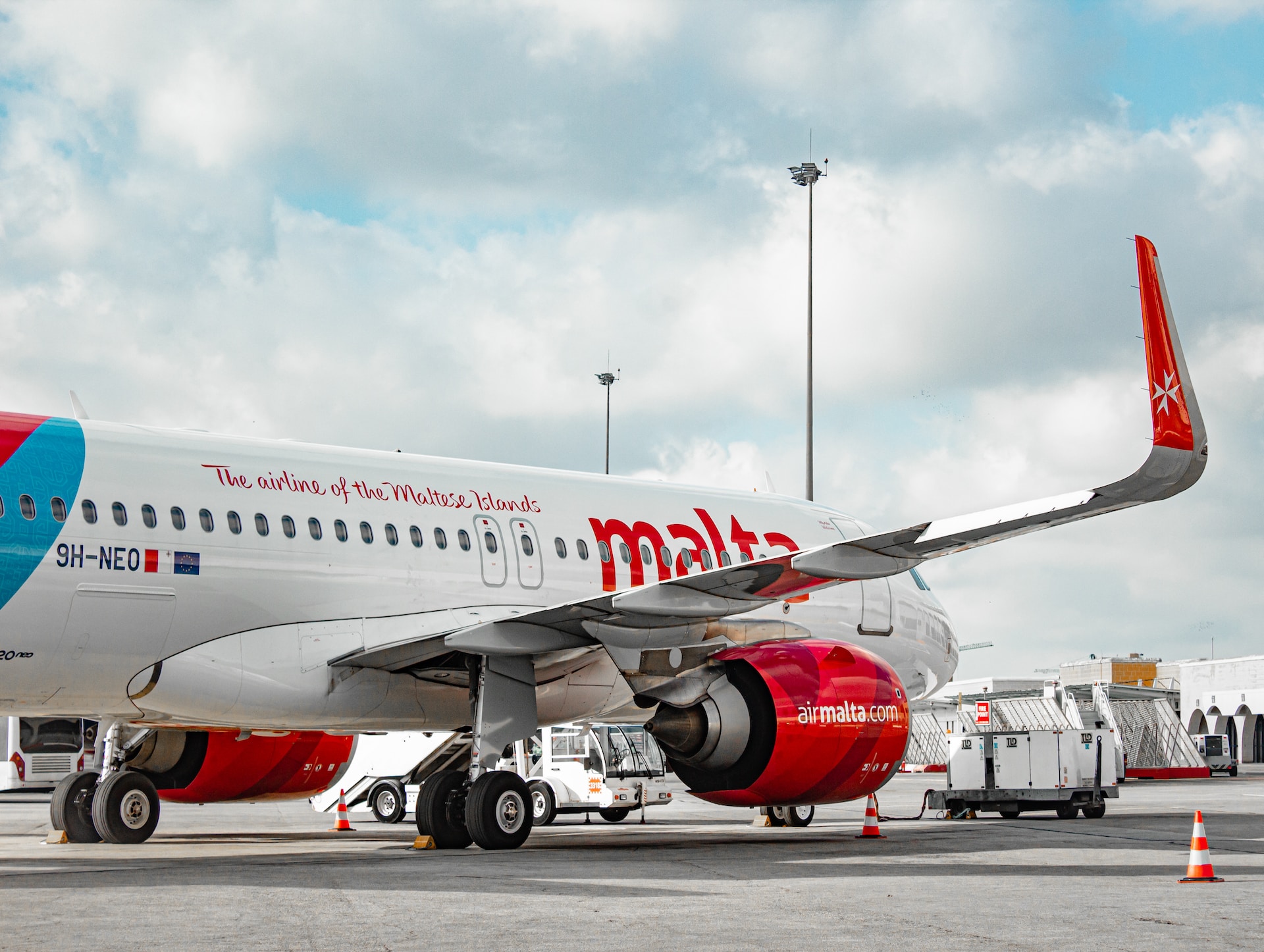Air Malta is set to be dissolved by the end of 2023 after the Government failed to secure permission from the European Commission to pump €290 million into the ailing airline, according to a report by The Shift News.
The last time the 49-year-old airline received a capital injection from the Government was in 2012, and it was expected to become profitable by 2015. Yet, it has since failed to become a commercially feasible enterprise following years of mismanagement and growing competition from lost-cost airlines in the aviation industry.
Since then the airline has only managed to turn a profit for the year 2018, but that was just a one-off from having sold a number of assets, such as two hotels, an insurance brokerage firm and landing rights at Heathrow and Gatwick airports.
It did not stop bleeding funds, and with the COVID-19 pandemic bringing international travel to a halt for a couple of years, it brought the airline to its knees.
The Government has attempted a last-ditch effort to save the national airline which was predicated on approval from the EU Commission to allow the Government to pump an additional €290 million in state funding.
Meanwhile the airline has reduced its workforce by 50 per cent, cut the number of routes it offered by more than half and outsourced its ground handling services.
However, the EU Commission has been reluctant to approve the cash injection, which led the Government to reportedly start working on a ‘plan B’ roadmap for the airline’s future which would see it follow the example of Alitalia if the request for the cash injection was rejected.
Plan B appears to be in full swing, as according to reports, discussions between the Government and the EU Commission are now focused on how the transition to the new airline can be made without breaching the EU’s state aid rules.
Part of the process is to make all staff on the airline’s books redundant by the end of the year, which would see them being paid generous severance packages in line with their respective collective agreements.
The biggest hurdle in this regard is the side letters signed between the airline’s pilots and the disgraced former Minister Konrad Mizzi, which bound the Government to pay hundreds of thousands to each pilot in such an event.
So what is the Alitalia – ITA solution, and has it worked?
In October 2021, the languishing Italian flag-carrier Alitalia was replaced by a new airline called Italia Transporto Aereo (ITA), a new debt-free national airline.
ITA had acquired half of the original airline’s aircraft and a quarter of its staff. It also purchased its iconic brand for €90 million, and has been expected to receive an investment of €1.35 billion from the Italian Government over three years, under a deal with the EU Commission.
The deal also requires clear discontinuity between the two airlines, and requires ITA to be profitable by the end of 2025. Thus far things are off to a rocky start.
In its first full year of operations (2022), the airline’s revenues topped €1.576 billion after having transported over 10 million passengers.
While it recorded a net loss of €486 million, the company ended the year with net equity of €524 million against €400 million in cash.
The main challenges were the lingering effects of the COVID-19 pandemic and rising fuel costs due to the Russian invasion of Ukraine.
In its preliminary financial report for the year, airline emphasised that its 2022 results met expectations and that is expects substantial growth in revenues for 2023, driven by an expansion of the network of destinations and a growing fleet.
Furthermore, Lufthansa is reportedly interested in acquiring a minority stake in the airline, with negotiations having entered the final phase.
If Air Malta were to transform into a new airline just as Alitalia did, it would likely be done at a far smaller scale and would have to face tight operating restrictions. Should Air Malta fold and a new national airline be introduced instead, it will be imperative to draw a red line against allowing political appointments and political interference detract from sound business decisions.
In the event of a dissolution, depending on which routes the new airline inherits, customers who booked flights past the date of dissolution would be either be able to apply for a refund, rebook to an earlier date, or have them transferred to the new airline.
However it is unclear whether booked flights would transfer to the new airline, as it was not the case with Alitalia.
European Parliament adopts regulation making it easier for companies to be paid on time
The maximum credit term under the new Late Payment Regulation is to up to 120 days, for some sectors
French ATC strike forces Ryanair to cancel over 300 flights, affecting 50,000 passengers
The low-cost carrier is demanding the EU carries out reforms to ensure travel continues undisrupted
Valletta ranks 8th most expensive European capital city to live in – study
While London is the most expensive, Bucharest is the most affordable






